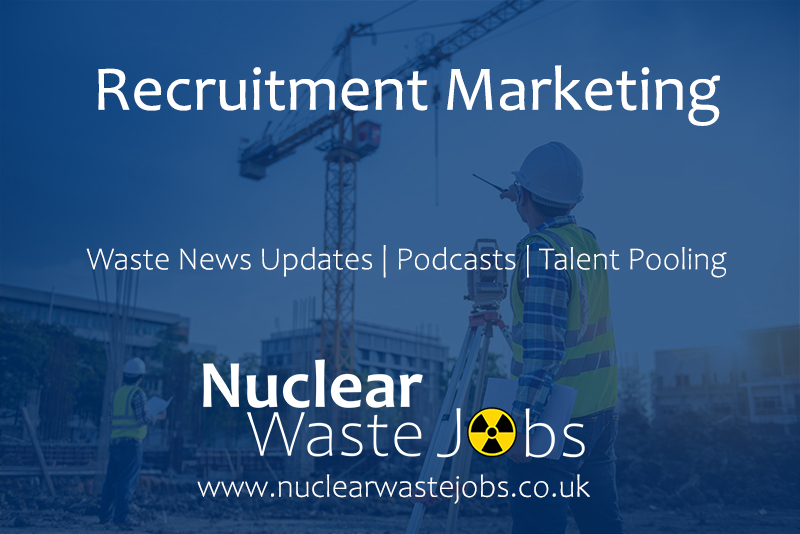Roles and Responsibilities
- Act as a technical authority in the geoscience domain, assuring the quality, accuracy and consistency of the NWS technical knowledge base and public positions.
- Provide functional leadership in all aspects of Geoscience and related subsurface areas for NWS – functional strategy and plan, setting and maintaining standards (quality) and ensuring capability and capacity of resource (including succession planning) to enable successful delivery of the NWS programme.
- Provide authoritative advice and challenge to the NWS Executive and senior leadership on geoscience matters, to inform robust decision making and management of programme risk.
- Assure the relevance, value, quality, integrity, timeliness, and risk of geoscience work, to enable the programme to achieve its objectives, through internal independent challenge.
- Assure the competency of the geoscience workforce, create and own a strategy for geoscience on behalf of NWS, to deliver the knowledge and understanding required for programmes to meet their objectives
- Assure the capability of geoscience work to meet objectives and aspirations of the programme in health, safety, environment and security.
- Own geoscience and related subsurface technology, processes, workflows and practices including geoscience and subsurface related safety culture across NWS.
- Lead engagement with external stakeholders and networks to communicate our geoscience knowledge and understanding, to develop awareness, confidence, and trust in our work.
- Lead co-ordination of international engagement activity in geoscience, to assure engagement is planned and prioritised to meet programme needs, and cultivates key relationships.
- Foster a stimulating and supportive environment of geoscience practice, to attract, retain, and develop geoscience talent, and maintain the health of our geoscience disciplines.
- Act as the chief point of contact in NWS with learned societies, international counterparts, and external organisations, in the geoscience domain.
- Support the Chief Scientific Adviser in management of the Technical Advice and Assurance capability, deputising as required.
- Champion the delivery of a safety and environmental sustainability culture in NWS
- With Chief Scientific Adviser assure and approve any new technology and innovations that would help NWS success.
Experience Required
Essential
- Demonstrable experience, practice, and recognition, at nationally significant and distinguished level, in a relevant geoscience or geoengineering discipline.
- Subject matter expertise in geoscientific or geoengineering subdisciplines relevant to nuclear waste disposal, confidence to operate authoritatively outside of these specialisms.
- Understanding and awareness of the broad and critical geoscientific issues relevant to successful implementation of near surface and geological disposal of nuclear wastes.
- Ability, confidence, and experience to critically challenge and test established thinking, processes and boundaries.
- Ability to dissect complex geoscience issues, identify the golden thread of critical concepts, and communicate the significance and risk in an understandable way.
- Ability to lead and influence across NWS, at all levels, by building strong relationships and gaining the trust and confidence of others.
- Ability to represent NWS as an authoritative ambassador in external environments, on geoscience matters, and capability to participate in high level discussion and negotiation.
- Highly effective communicator with the critical listening skills and strong emotional intelligence to engage in difficult conversations.
Desirable
- Awareness, understanding or experience of the principles of near surface and geological disposal of radioactive wastes and the current position of the UK programme.
- Experience of relevant site characterisation campaigns, including acquisition of seismic data, borehole investigation, core recovery and analysis, development of hydrogeological models.
- Awareness, understanding or experience of counterpart international programmes and the wider research landscape.
Keywords:


